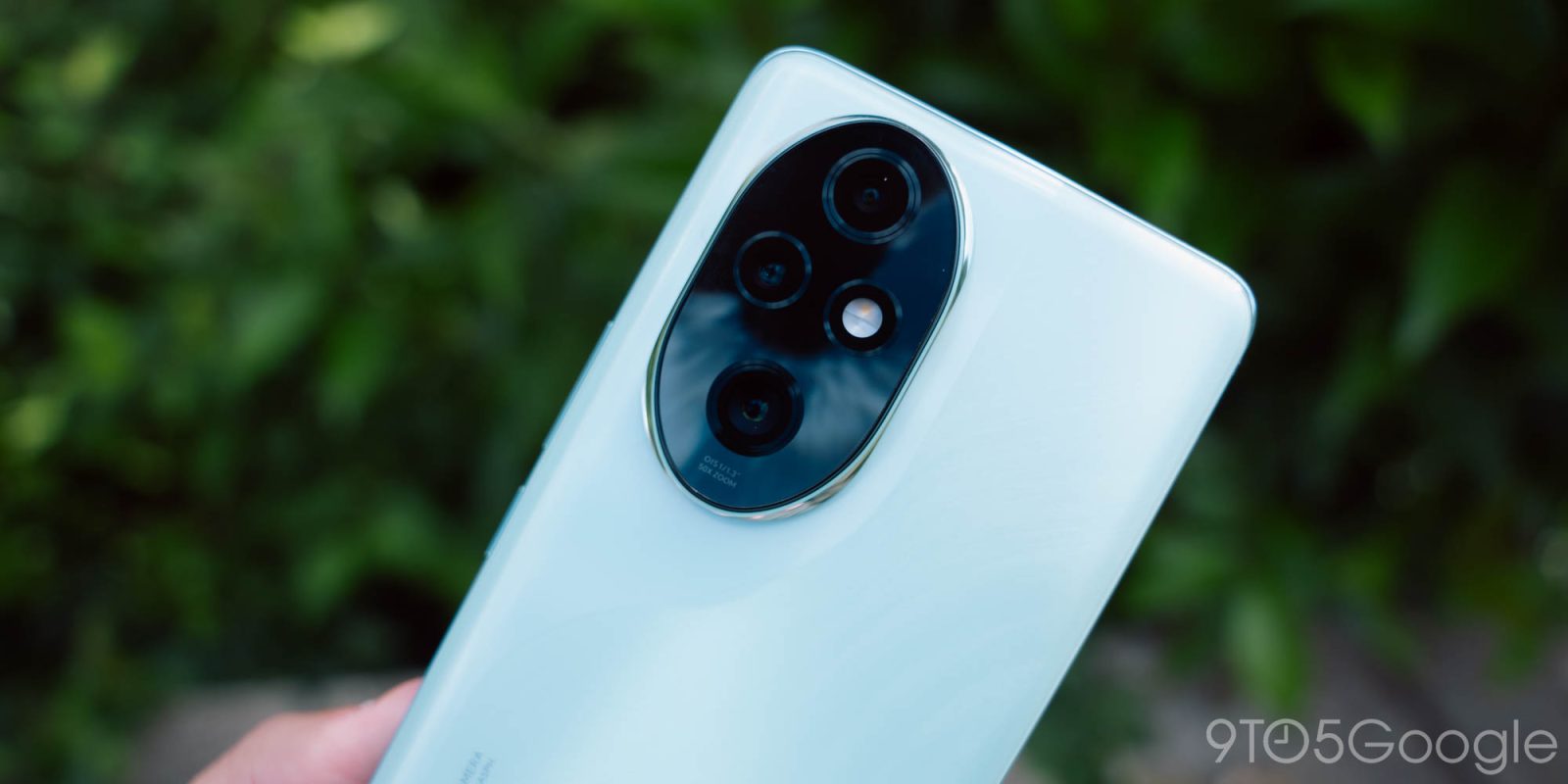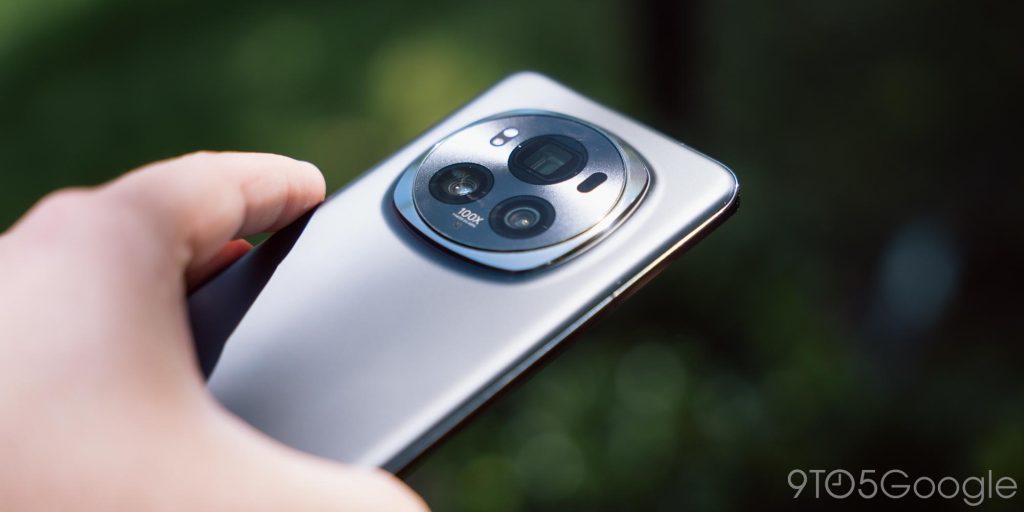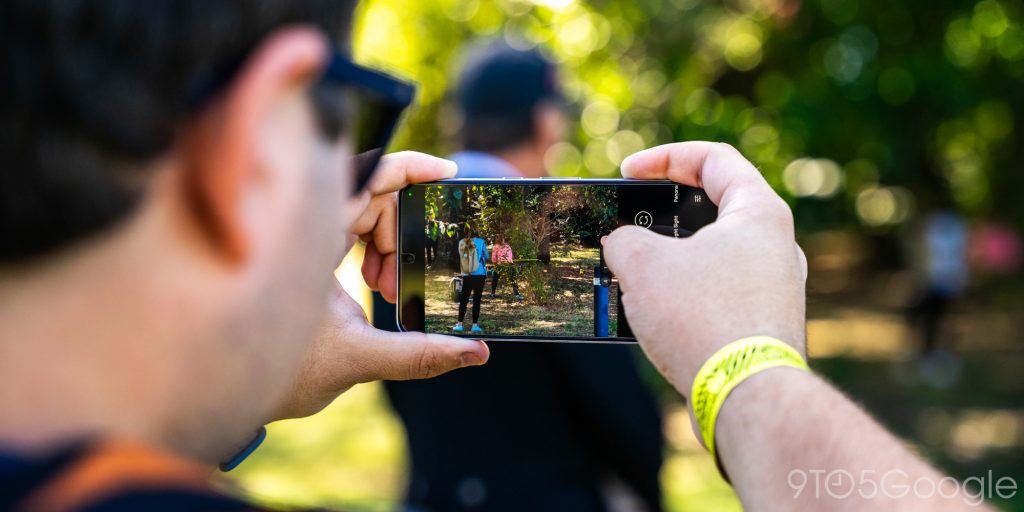
Not all that long ago, cameras on a phone were still a crazy idea and the ones that did exist were bad. But, nowadays, nearly every phone has a camera, and nearly every single one is at least pretty decent. So what does it take to make one that’s great?
Earlier this week I attended the launch event for the Honor 200 series, a set of devices that the company dubbed “The Portrait Master.” That’s because, on top of being a normal camera, Honor put a lot into building out the portrait photography capabilities. That includes using a special camera sensor as well as teaming up with Studio Harcourt to tune the camera using, what else, AI.
And genuinely, it’s an impressive portrait shooter.



But what about the rest?
That’s what I’ve been thinking about over the past week while shooting pictures on a vacation in Paris with the Honor 200 Pro and my trusty Pixel 8 Pro, and I think I’ve boiled down what a “great” smartphone camera means to me. There are three pillars to it.
Firstly, there’s the quality.
Smartphone camera quality in 2024 is a pretty complicated case, but in the grand scheme of things, there are very few devices that don’t have at least decent quality. In good lighting, every camera is a good camera. Some devices may take shots better than others, or that few others may be able to take, but on the whole, everything is pretty good nowadays under most conditions.
The second piece, then, is consistency.
As mentioned, every camera is good now under the right conditions, but it matters greatly how consistent the output is regardless of the condition or circumstances. This is something even flagships struggle with, and it’s perhaps the greatest mark of a “great” camera. For example, Google’s Pixel and Apple’s iPhone are typically known as being consistent shooters. Whether in bright light or dark, moving or not, they’ll capture the scene with some sense of reliability. It’s something that Samsung really struggles with, particularly in the case of motion. This is a mix of hardware and software processing, which is why it’s so hard to get right.
And finally, there’s the ease of use.
This is split into two portions. First, there’s the camera interface you’re actually dealing with. I think the camera app should be simple and fast to use, while having more advanced options just below the surface. And that’s something that, in one way or another, everyone seems to have figured out. It really boils down to personal preference.
The other side of that is the speed at which you can access the camera app. On a Pixel or Samsung Galaxy device, that can be done with a double-tap of the power button. It’s fast and incredibly handy. On other devices, like Apple’s iPhone and Honor’s 200 Pro that I’ve been using, this simply doesn’t exist. There’s no hardware shortcut to access the camera (unless you make one yourself), which simply boggles my mind.

Those are the three core pillars of making a smartphone camera “great,” at least in my opinion. Each pillar will have a different level of importance to each person, though. For one person, quality in a specific segment of the camera (telephoto, portrait, low light, etc) may be the single-most important thing.
But all the while, there’s a fourth pillar that’s arguably the most important of all.
The rest of the phone.
We buy smartphones not as dedicated cameras, but devices that are useful for a huge variety of reasons. That’s why, despite loving the camera on the Honor 200 Pro all week, I probably won’t use it in the long-term. Honor’s software just doesn’t do the trick for me, whereas my Pixel 8 Pro, even if the camera doesn’t match up in Honor’s focused area of portraits, is a significantly better fit for me in everything else I do. The camera matters, but at the end of the day it only makes up a fraction of what we’re actually doing with these devices.
What do you think? What’s the most important aspect of a camera to you?

This Week’s Top Stories
Apple’s WWDC and the Androidification of iOS
At the start of this week, Apple held its annual WWDC conference and it was a big one. The company announced updates to all of its software platforms, including huge changes coming in iOS 18 and “Apple Intelligence,” the company’s take on AI services.
iOS 18, outside of AI, largely sees changes that feel like catching up with Android. This includes, finally, the ability to move homescreen icons anywhere on the screen, as well as being able to customize the look of icons. There’s also now the ability to change the shortcuts on the lockscreen, as well as the long-awaited arrival of RCS. Apple also upgraded many of its apps and services, catching up with Google alternatives such as debuting automated filters in the Mail app, something Gmail has offered for ages.
All-in-all, iOS is feeling a whole lot more like Android nowadays, which just feels like good news for everyone.
- Where iOS 18 is playing catch-up with (and surpassing) Android
- Comment: I have a new appreciation for Android’s themed icons after seeing iOS 18
- Here are a few new iPhone features your Android phone already has
- iPhone adding RCS support (and copying these Google Messages features in iOS 18)
You can catch up with all the news from WWDC over at 9to5Mac.
Dave Burke departs Android as ChromeOS doubles down on it
There were two huge stories in Android this week. Firstly, Dave Burke is departing the Android team at Google. You might recognize Burke as the man who showcased the latest in Android for years at Google I/O. He has now stepped down as Android’s engineering VP and will be moving to other teams at Google.
Meanwhile, Google also announced this week that ChromeOS will be, over an undisclosed long-term period, using more Android under-the-hood, especially as AI becomes more crucial.
More Top Stories
- Google shuts down GPay app and P2P payments in the US
- Google Phone app rolling out ‘Lookup’ reverse number search
- YouTube looks to be testing server-side ad injection to counter ad blockers
- Galaxy Z Fold 6 reportedly gets a price hike and new colors, starting at $1,899
- Here are the full specs for the Galaxy Z Fold 6
- Samsung’s One UI Watch 6 beta with Galaxy AI has officially arrived
- Pixel VPN by Google rolling out, Android 14 QPR3 not required
- June Feature Drop: Pixel 8 Display Port mirroring, 6/7 Pro Manual Lens Selection, PW2 Car Crash Detection
- Pixel Camera 9.4 rolling out: Pro lens selection, HDR+, more
- YouTube Music makes its way to the Garmin app store
From the rest of 9to5
9to5Mac: WWDC 2024 news hub: iOS 18, ‘Apple Intelligence’ debut, more
9to5Toys: Nomad just released my favorite new leather passport wallet…here are some hands-on impressions
Electrek: Jeep is launching an electric Renegade for under $25,000
FTC: We use income earning auto affiliate links. More.




Comments